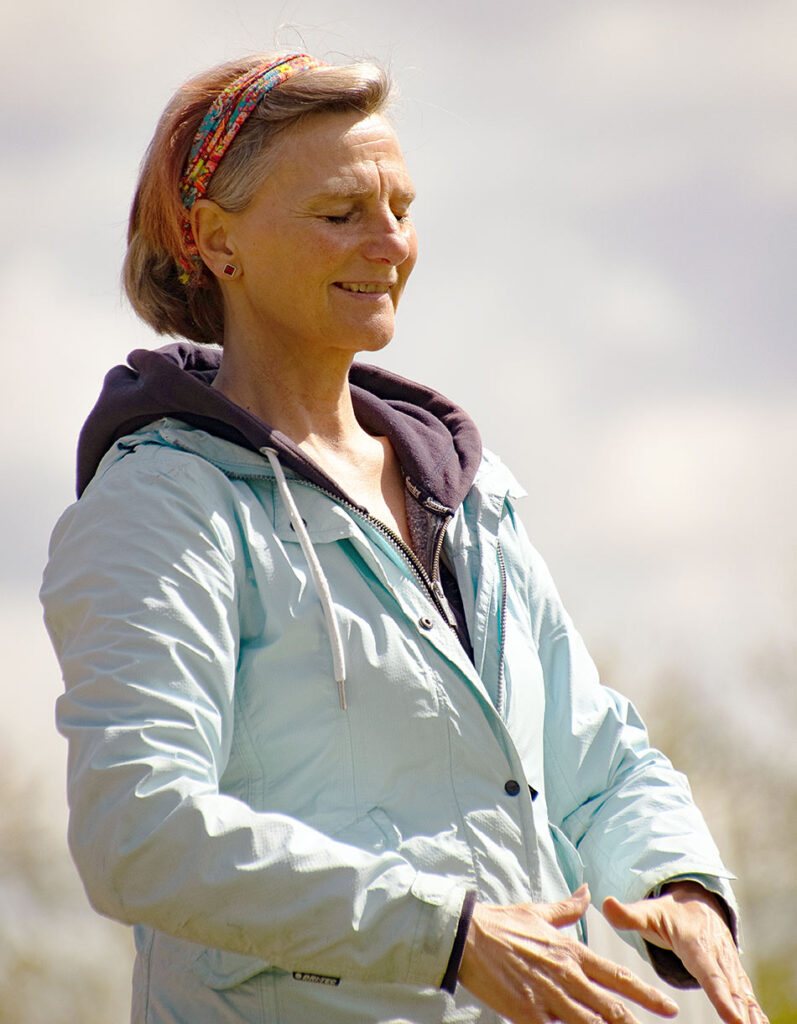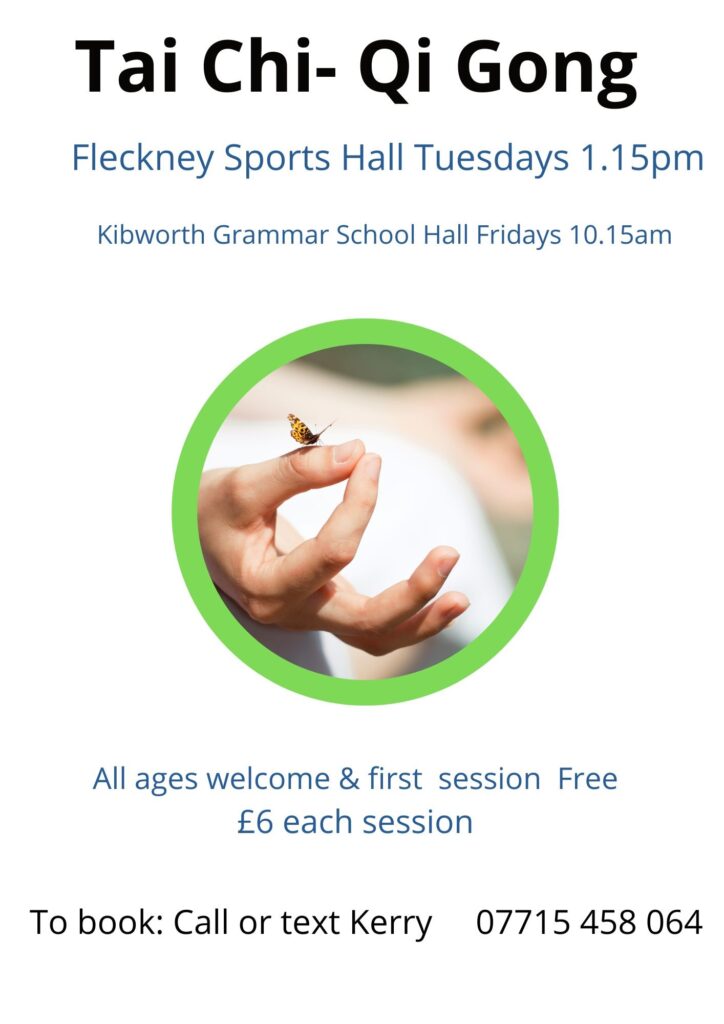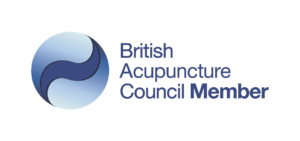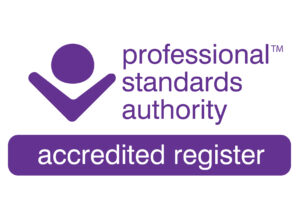(Pronounced “chee-gong”)
The two words are ‘gong’ meaning work or skill. ‘Qi’ is vital energy.
Tai chi qigong is a form of traditional exercise dating back at least 2,500 years. Modern day qigong has been refined over the centuries and more recently research is now revealing the positive effects that can be gained from regular practice. For example, promoting well-being, strengthening the body, increasing flexibility, aiding the immune system and preventing disease.

A 2010 review of 24 different tai chi and qigong studies found significant benefits; for example, the ability to balance on one leg, improved gait, leg strength & flexibility and reduced rates of falling.
The reason I love qigong so much is because it works to supports the same principles as acupuncture. If the body or the mind has a’ blockage’ or an ‘obstruction’ there will be pain, unease or disease. Acupuncture and qigong both promote the flow of blood and qi (energy). Doing regular qigong practice helps to achieve relaxation for the mind and the body; with this in place it is more likely that you will get better and be free from pain.
The principles of the exercise include:
- The cultivation of body awareness
- Active breathing
- Good posture
- Slow meditative movement
- Allowing the mind to be still
- Quiet focused attention
- The practice of relaxation to soften tension
- Integrated movement and breathing
The benefits that can be achieved with regular practice include: Strength, balance, flexibility, focus and calm. The exercise of qigong is not excessive or competitive this makes the experience a very different one to a typical ‘gym’ style approach. Hence, Qigong is gentle and calming with an intention to build strength from within.
“A feeling of internal relaxation, a softening and deep breathing and slow purposeful movement …it feels amazing”
“If you want to maintain a working body into old age, we have to keep it mobile. I’ve doing qigong for a year and I feel a lot more flexible.
“I really look forward to it every week”


